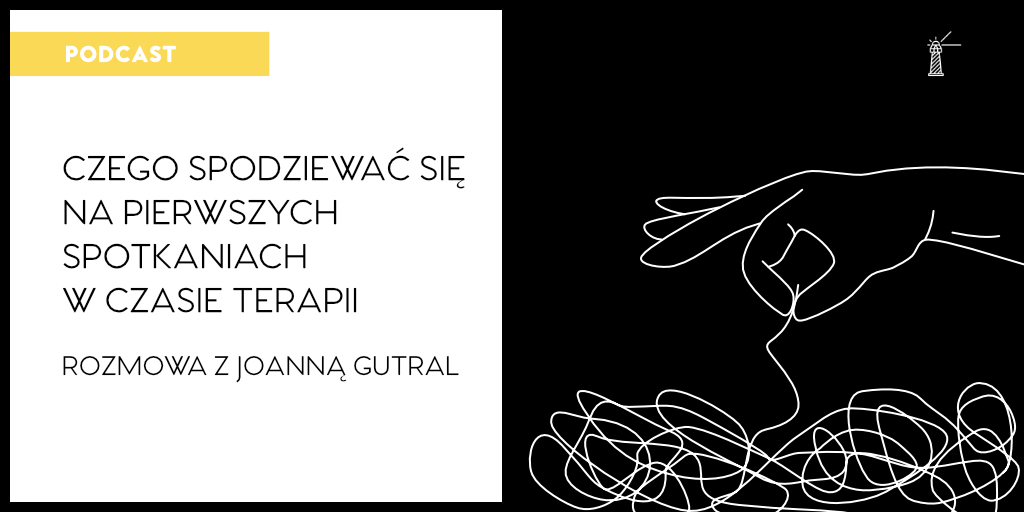Jak świadomość swoich talentów może wspierać nas jako rodziców?
Czy talenty mogą pomóc w byciu rodzicem? Oczywiście, że tak. Jeżeli jesteście rodzicami, to proponuję Wam małe ćwiczenie. Pomyślcie o swoim dniu i zapiszcie listę aktywności, które codziennie wykonujecie w swojej roli jako rodzice. Warto skupić się na szukaniu czasowników. Im bardziej konkretne, tym lepiej – rozmawiam, wspieram, pocieszam, gotuję, zawożę, organizuję, pomagam w zadaniu, umawiam wizytę u lekarza itd.Dla każdej z tych aktywności zastanówcie się, jak Wasze talenty w tym Was wspierają, a które utrudniają. Na podstawie tego można określić, z których talentów warto korzystać jeszcze bardziej, a które warto rozwijać (pracując nad ich świadomością, dodając do nich wiedzę i budując umiejętności, które pozwolą z nich lepiej korzystać).


